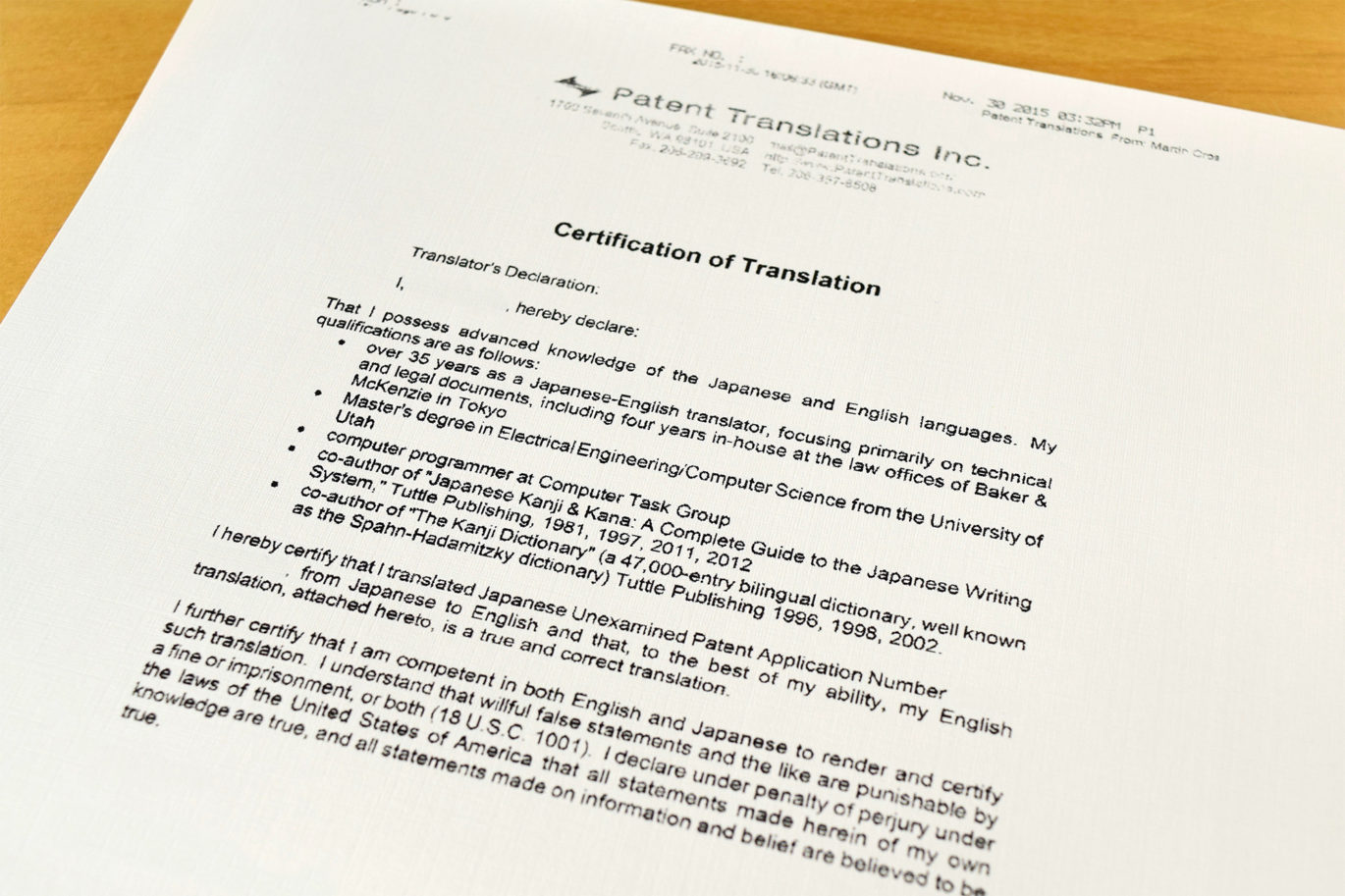How to Keep Your Foreign Clients
Overseas clients can be a steady and significant income stream for US attorneys. Typically, foreign applicants, who have already begun prosecution in their own countries, require less hands-on management than domestic filers. Given the added difficulty of shopping for services across borders, they are also more likely to be loyal once a steady relationship has […]Continue reading


